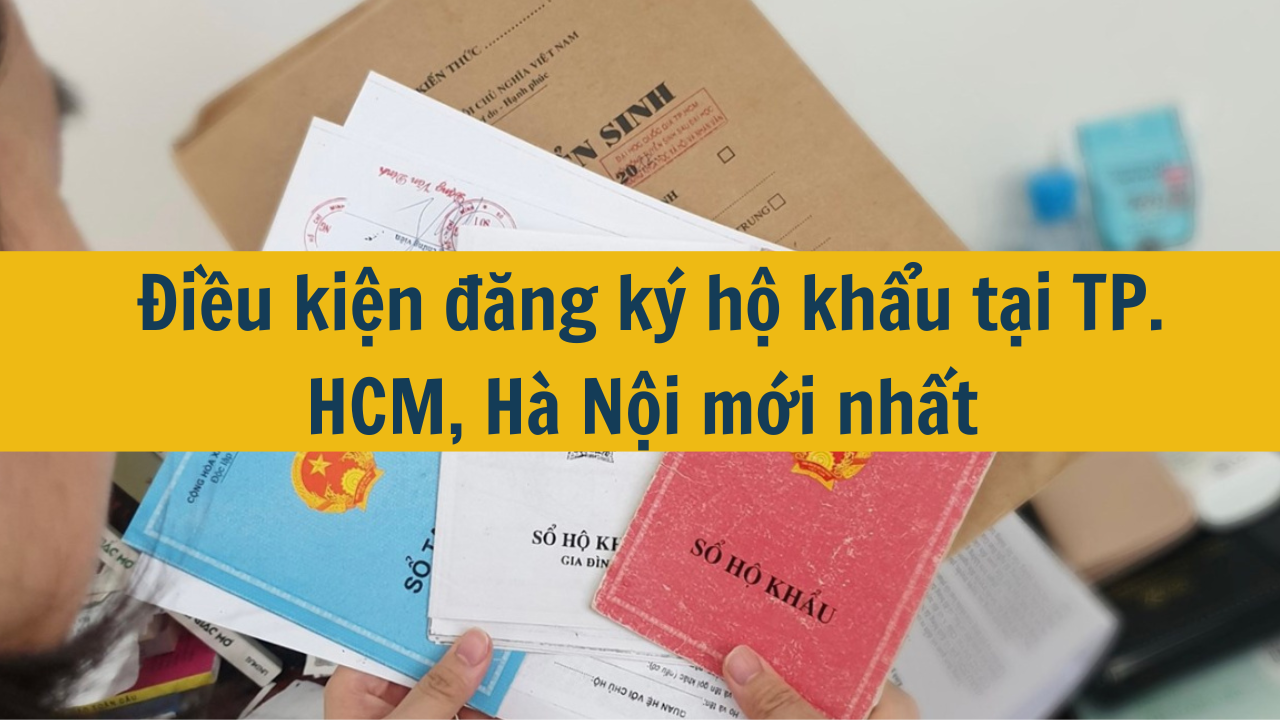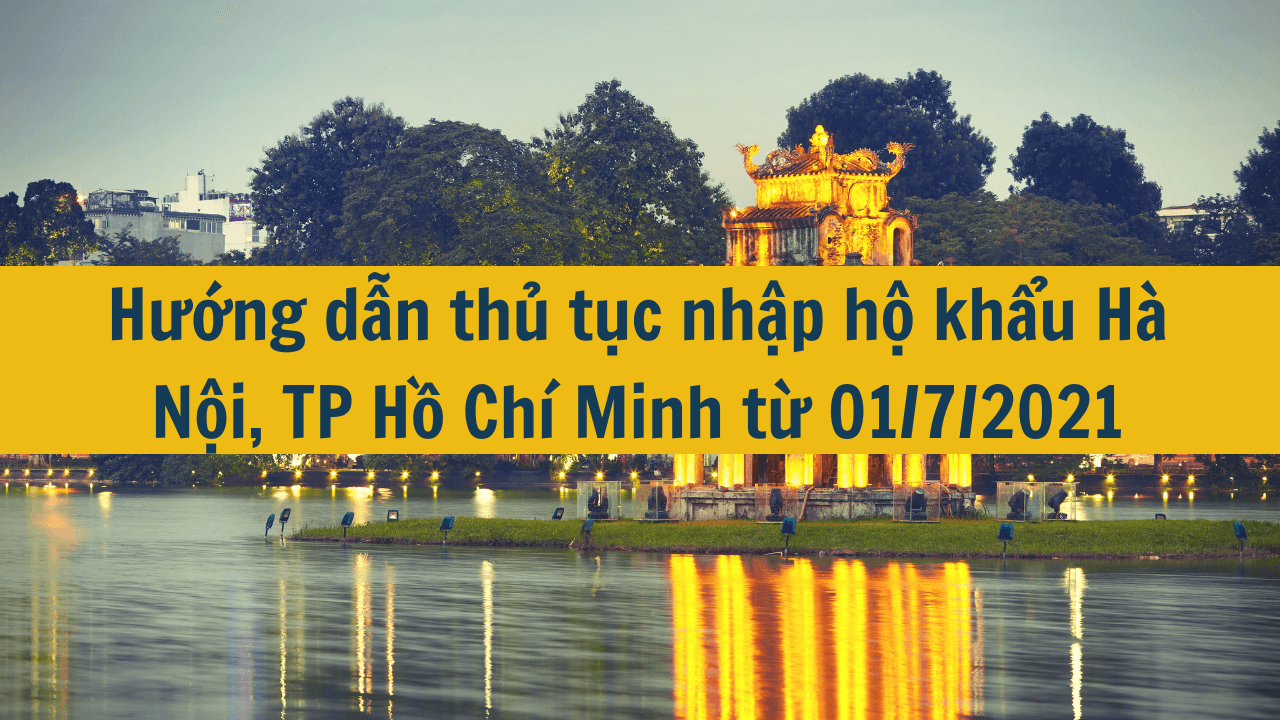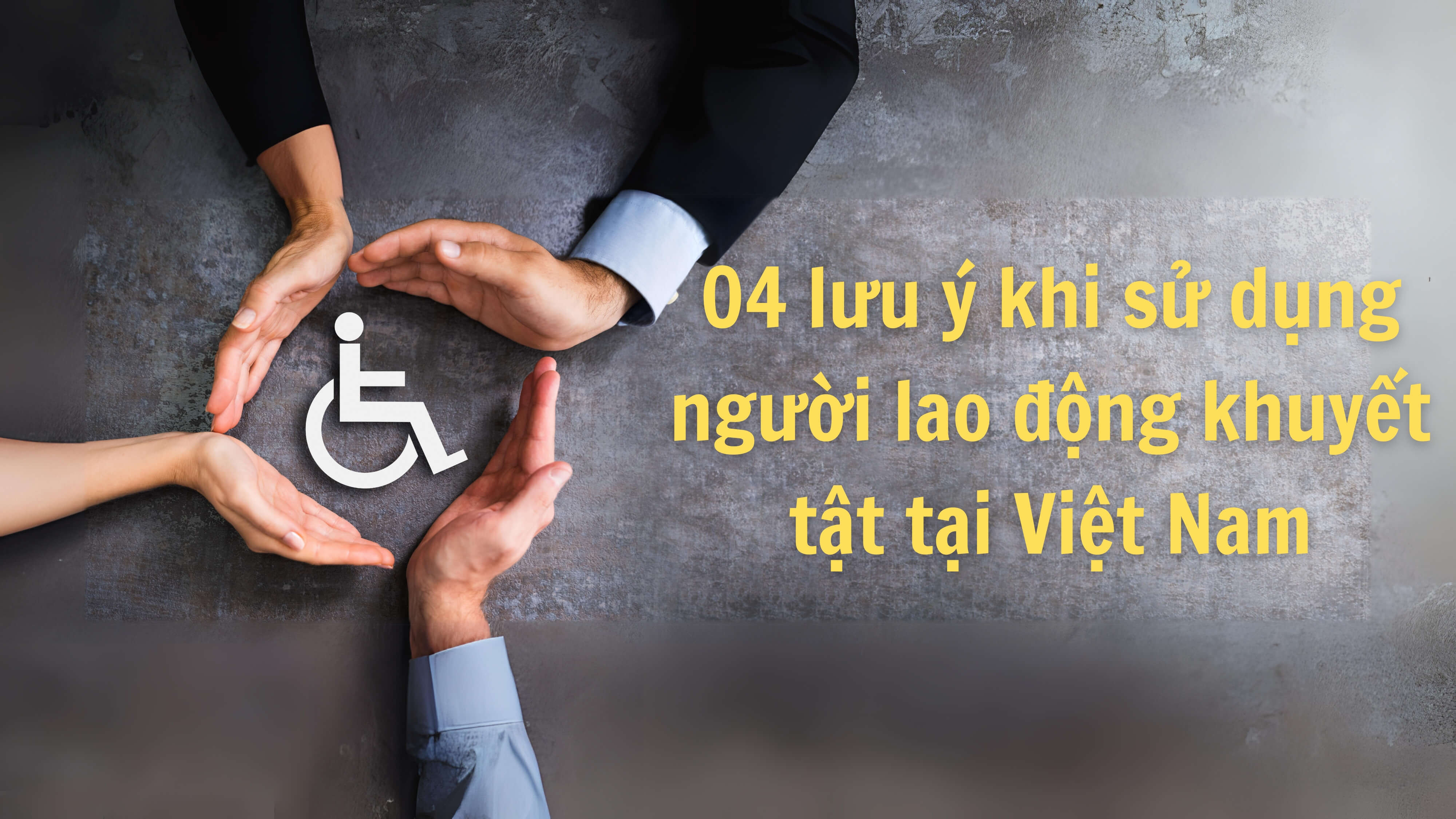 Tìm kiếm
Tìm kiếm
Chương VII Luật người khuyết tật 2010: Nhà chung cư, công trình cộng cộng, giao thông, công nghệ thông tin và truyền thông
| Số hiệu: | 51/2010/QH12 | Loại văn bản: | Luật |
| Nơi ban hành: | Quốc hội | Người ký: | Nguyễn Phú Trọng |
| Ngày ban hành: | 17/06/2010 | Ngày hiệu lực: | 01/01/2011 |
| Ngày công báo: | 29/09/2010 | Số công báo: | Từ số 570 đến số 571 |
| Lĩnh vực: | Văn hóa - Xã hội | Tình trạng: | Còn hiệu lực |
TÓM TẮT VĂN BẢN
Văn bản tiếng việt
Văn bản tiếng anh
1. Việc phê duyệt thiết kế, xây dựng, nghiệm thu công trình xây dựng mới, cải tạo và nâng cấp nhà chung cư, trụ sở làm việc và công trình hạ tầng kỹ thuật, công trình hạ tầng xã hội phải tuân thủ hệ thống quy chuẩn kỹ thuật quốc gia về xây dựng để bảo đảm người khuyết tật tiếp cận.
2. Nhà chung cư, trụ sở làm việc và công trình hạ tầng kỹ thuật công cộng, công trình hạ tầng xã hội được xây dựng trước ngày Luật này có hiệu lực mà chưa bảo đảm các điều kiện tiếp cận đối với người khuyết tật phải được cải tạo, nâng cấp để bảo đảm điều kiện tiếp cận theo lộ trình quy định tại Điều 40 của Luật này.
1. Đến ngày 01 tháng 01 năm 2020, các công trình công cộng sau đây phải bảo đảm điều kiện tiếp cận đối với người khuyết tật:
a) Trụ sở làm việc của cơ quan nhà nước;
b) Nhà ga, bến xe, bến tàu;
c) Cơ sở khám bệnh, chữa bệnh;
d) Cơ sở giáo dục, dạy nghề;
đ) Công trình văn hóa, thể dục, thể thao.
2. Đến ngày 01 tháng 01 năm 2025, tất cả nhà chung cư, trụ sở làm việc, công trình hạ tầng
kỹ thuật công cộng, công trình hạ tầng xã hội không thuộc trường hợp quy định tại khoản 1 Điều này phải bảo đảm điều kiện tiếp cận đối với người khuyết tật.
3. Chính phủ quy định chi tiết việc thực hiện lộ trình cải tạo đối với từng loại công trình quy định tại khoản 1 và khoản 2 Điều này.
1. Phương tiện giao thông cá nhân của người khuyết tật khi tham gia giao thông phải bảo đảm quy chuẩn kỹ thuật quốc gia và phù hợp với điều kiện sức khỏe của người khuyết tật. Phương tiện giao thông cá nhân đòi hỏi phải có giấy phép điều khiển thì người khuyết tật được học và cấp giấy phép điều khiển đối với phương tiện đó.
2. Người khuyết tật khi tham gia giao thông bằng các phương tiện giao thông công cộng được sử dụng các phương tiện hỗ trợ hoặc sự trợ giúp tương ứng; được phép mang theo và miễn phí khi mang phương tiện, thiết bị hỗ trợ phù hợp.
3. Người khuyết tật đặc biệt nặng và người khuyết tật nặng được miễn, giảm giá vé, giá dịch vụ khi tham gia giao thông bằng một số phương tiện giao thông công cộng theo quy định của Chính phủ.
4. Người khuyết tật được ưu tiên mua vé, được giúp đỡ, sắp xếp chỗ ngồi thuận tiện khi sử dụng các phương tiện giao thông công cộng.
1. Phương tiện giao thông công cộng phải có chỗ ưu tiên cho người khuyết tật; có công cụ hỗ trợ lên, xuống thuận tiện hoặc sự trợ giúp phù hợp với đặc điểm của người khuyết tật.
2. Phương tiện giao thông công cộng để người khuyết tật tiếp cận sử dụng phải đáp ứng quy chuẩn kỹ thuật quốc gia về giao thông tiếp cận do cơ quan nhà nước có thẩm quyền ban hành.
3. Đơn vị tham gia vận tải công cộng phải đầu tư và bố trí phương tiện bảo đảm quy chuẩn kỹ thuật về giao thông tiếp cận trên các tuyến vận tải theo tỷ lệ do Chính phủ quy định trong từng thời kỳ.
4. Phương tiện giao thông công cộng đáp ứng quy chuẩn kỹ thuật quốc gia về giao thông tiếp cận được miễn, giảm thuế theo quy định của pháp luật về thuế khi sản xuất, nhập khẩu.
1. Nhà nước khuyến khích cơ quan, tổ chức, doanh nghiệp, cá nhân hoạt động trong lĩnh vực công nghệ thông tin ứng dụng và phát triển công nghệ thông tin dành cho người khuyết tật.
2. Cơ quan thông tin đại chúng có trách nhiệm phản ánh đời sống vật chất và tinh thần của người khuyết tật.
Đài truyền hình Việt Nam có trách nhiệm thực hiện chương trình phát sóng có phụ đề tiếng Việt và ngôn ngữ ký hiệu dành cho người khuyết tật theo quy định của Bộ trưởng Bộ Thông tin và Truyền thông.
3. Nhà nước có chính sách miễn, giảm thuế, cho vay vốn với lãi suất ưu đãi và hỗ trợ khác cho hoạt động nghiên cứu, chế tạo, sản xuất và cung cấp dịch vụ, phương tiện hỗ trợ người khuyết tật tiếp cận công nghệ thông tin và truyền thông; hỗ trợ việc thu thập, biên soạn và xuất bản tài liệu in chữ nổi Braille dành cho người khuyết tật nhìn, tài liệu đọc dành cho người khuyết tật nghe, nói và người khuyết tật trí tuệ.
CONDOMINIUMS, PUBLIC WORKS, TRANSPORTATION, INFORMATION TECHNOLOGY AND COMMUNICATION
Article 39. Condominiums and public works
1. The approval of designs, construction and check-and-takeover of new constructions, renovation and upgrading of condominiums, offices and technical and social infrastructure facilities must comply with national technical standards on construction in order to ensure access by persons with disabilities.
2. Condominiums, offices and public technical and social infrastructure facilities built before the effective date of this Law which fail to meet the conditions on access by persons with disabilities shall be improved and upgraded to meet these conditions according to the schedule defined in Article 40 of this Law.
Article 40. Schedules for improvement of condominiums and public works
1. By January 1, 2020, the following public works must satisfy the conditions on access by persons with disabilities:
a/ Offices of the agencies:
b/ Railway stations, car terminals and ports;
c/ Medical examination and treatment establishments;
d/ Educational and vocational training establishments;
e/ Cultural, physical training and sport works.
2. By January 1, 2025, all condominiums offices, public technical infrastructures and social infrastructure facilities other than those defined in Clause 1 of this Article must satisfy the conditions on access by persons with disabilities.
3. The Government shall detail the implementation of the schedules for improvement of each type of works defined in Clauses 1 and 2 of this Article.
Article 41. Movement of persons with disabilities
1. Personal vehicles of persons with disabilities, when moving on the road, must satisfy national technical standards and be suitable to their health conditions. With regard to personal vehicles requiring driver licenses, persons with disabilities shall be trained in driving and granted driver licenses.
2. Persons with disabilities, when using means of mass transit, may use supporting facilities or rendered corresponding assistance: and carry along appropriate means or supporting facilities and be exempt from charges there for.
3. Persons with exceptionally serious disabilities and persons with serious disabilities are entitled to exemption from or reduction of fares or service charges when using certain means of mass transit under the Government's regulations.
4. Persons with disabilities are given priority in ticket purchase, assisted and arranged for convenient seats when using means of mass transit.
Article 42. Means of mass transit
1. Means of mass transit must be built with priority scats for persons with disabilities; with instruments that allow convenient mounting and dismounting or render assistance suitable to the characteristics of persons with disabilities.
2. Means of mass transit to be accessible by persons with disabilities must satisfy national technical standards on accessible transportation promulgated by competent state agencies.
3. Mass transit units shall invest in and arrange means up to technical standards on accessible transportation on transport routes according to the rates prescribed by the Government in each period.
4. Produced or imported means of mass transit satisfying national technical standards on accessible transportation are entitled to tax exemption or reduction under tax law.
Article 43. Information technology and communication
1. The State encourages agencies, organizations, enterprises and individuals operating in information technology to apply and develop information technology reserved for persons with disabilities.
2. Mass media agencies have the responsibility to cover the material and spiritual life of persons with disabilities.
Vietnam Television Station shall broadcast programs with Vietnamese subtitles and sign language for persons with disabilities according to regulations of the Minister of Information and Communications.
3. The State shall adopt policies on tax exemption and reduction, concessional loans and other supports for research into, manufacture or production of equipment, provision of services and supply of equipment to enable persons with disabilities to access information technology and communication: and support the collection, compilation and publication of documents printed in Braille for persons with visual disabilities, reading documents for persons with sensory and intellectual disabilities.
Cập nhật
Bài viết liên quan
Đăng ký tạm trú online Hà Nội nhanh chóng và hiệu quả mới nhất năm 2025?

Đăng ký tạm trú online Hà Nội nhanh chóng và hiệu quả mới nhất năm 2025?
Đăng ký tạm trú online là thủ tục đăng ký tạm trú đang được người dân sử dụng ngày càng nhiều và phổ biến. Việc đăng ký tạm trú online giúp tiết kiệm thời gian, chi phí, công sức mà hiệu quả cao. Bài viết sau đây sẽ làm rõ về thủ tục đăng ký tạm trú online Hà Nội nhanh chóng và hiệu quả mới nhất năm 2025. 08/01/2025Đăng ký tạm trú online TP. HCM nhanh chóng và hiệu quả theo quy định mới nhất 2025?

Đăng ký tạm trú online TP. HCM nhanh chóng và hiệu quả theo quy định mới nhất 2025?
Đăng ký hoặc khai báo tạm trú giúp bảo vệ người dân, đảm bảo tình hình an toàn xã hội, thuận tiện cho cơ quan chức năng trong việc quản lý dân cư và dữ liệu công dân. Các cá nhân phải tiến hành khai báo về cư trú đầy đủ và chính xác. Bài viết sau đây sẽ làm rõ về cách thức đăng ký tạm trú online TP. HCM nhanh chóng và hiệu quả theo quy định mới nhất 2025. 07/01/2025Nhập hộ khẩu bao lâu có kết quả mới nhất năm 2025?

Nhập hộ khẩu bao lâu có kết quả mới nhất năm 2025?
Việc nhập hộ khẩu là một thủ tục hành chính quan trọng và cần thiết đối với công dân Việt Nam, giúp xác định nơi cư trú và quyền lợi của người dân. Tuy nhiên, nhiều người vẫn còn băn khoăn về thời gian xử lý hồ sơ nhập hộ khẩu và các yếu tố ảnh hưởng đến quá trình này. Trong bài viết này, chúng ta sẽ tìm hiểu về quy trình nhập hộ khẩu và thời gian bao lâu có kết quả mới nhất vào năm 2025, giúp bạn có cái nhìn rõ ràng hơn và chuẩn bị tốt hơn khi thực hiện thủ tục này. 27/12/2024Nhập hộ khẩu cần chuẩn bị những giấy tờ gì mới nhất năm 2025?

Nhập hộ khẩu cần chuẩn bị những giấy tờ gì mới nhất năm 2025?
Nhập hộ khẩu là một bước quan trọng trong việc xác định nơi cư trú và quyền lợi của mỗi công dân. Đặc biệt, năm 2025, các quy định về giấy tờ cần thiết để thực hiện thủ tục này đã có những cập nhật đáng chú ý. Trong bài viết này, chúng tôi sẽ hướng dẫn bạn về những giấy tờ mới nhất mà bạn cần chuẩn bị khi nhập hộ khẩu, giúp quá trình thực hiện trở nên nhanh chóng và thuận tiện hơn. Hãy cùng khám phá để đảm bảo bạn có đầy đủ thông tin và tài liệu cần thiết cho việc đăng ký hộ khẩu một cách suôn sẻ! 27/12/2024Điều kiện đăng ký hộ khẩu tại TP. HCM, Hà Nội mới nhất năm 2025

Điều kiện đăng ký hộ khẩu tại TP. HCM, Hà Nội mới nhất năm 2025
Đăng ký hộ khẩu là một trong những thủ tục quan trọng trong đời sống của mỗi công dân, đặc biệt tại những thành phố lớn như TP. HCM và Hà Nội. Năm 2025, quy định về điều kiện đăng ký hộ khẩu đã có nhiều thay đổi nhằm tạo điều kiện thuận lợi hơn cho người dân. Bài viết này sẽ cung cấp thông tin chi tiết về các điều kiện mới nhất để đăng ký hộ khẩu tại hai thành phố này, giúp bạn nắm rõ những yêu cầu cần thiết, từ giấy tờ đến quy trình thực hiện. Hãy cùng tìm hiểu để không bỏ lỡ cơ hội hưởng lợi từ những chính sách mới! 13/01/2025Hướng dẫn đăng ký nhập hộ khẩu online ngay tại nhà nhanh chóng năm 2025

Hướng dẫn đăng ký nhập hộ khẩu online ngay tại nhà nhanh chóng năm 2025
Trong thời đại công nghệ 4.0, việc thực hiện các thủ tục hành chính trở nên dễ dàng và tiện lợi hơn bao giờ hết. Năm 2025, đăng ký nhập hộ khẩu online ngay tại nhà không chỉ giúp tiết kiệm thời gian mà còn giảm bớt những phiền phức khi phải đến trực tiếp cơ quan chức năng. Bài viết này sẽ hướng dẫn bạn từng bước để thực hiện thủ tục này một cách nhanh chóng và hiệu quả, giúp bạn nắm rõ quy trình và những lưu ý cần thiết để hoàn tất việc đăng ký hộ khẩu một cách suôn sẻ. Hãy cùng khám phá những tiện ích mà dịch vụ trực tuyến mang lại. 27/12/2024Nhập khẩu Hà Nội hết bao nhiêu tiền năm 2025?

Nhập khẩu Hà Nội hết bao nhiêu tiền năm 2025?
Việc nhập khẩu vào Hà Nội năm 2024 không có chi phí chính thức nào được quy định cho việc nộp hồ sơ đăng ký thường trú. Tuy nhiên, một số chi phí có thể phát sinh liên quan đến thủ tục hành chính và các giấy tờ cần thiết. Dưới đây là một số thông tin liên quan. 13/01/2025Hướng dẫn thủ tục nhập hộ khẩu Hà Nội, TP Hồ Chí Minh từ 01/7/2021

Hướng dẫn thủ tục nhập hộ khẩu Hà Nội, TP Hồ Chí Minh từ 01/7/2021
Từ ngày 01/7/2021, theo quy định của Luật Cư trú 2020, việc nhập hộ khẩu (đăng ký thường trú) tại Hà Nội và TP Hồ Chí Minh có một số điểm mới quan trọng. Dưới đây là hướng dẫn về thủ tục nhập hộ khẩu cho hai thành phố này. 13/01/202504 lưu ý khi sử dụng người lao động khuyết tật tại Việt Nam


 Luật người khuyết tật 2010 (Bản Pdf)
Luật người khuyết tật 2010 (Bản Pdf)
 Luật người khuyết tật 2010 (Bản Word)
Luật người khuyết tật 2010 (Bản Word)